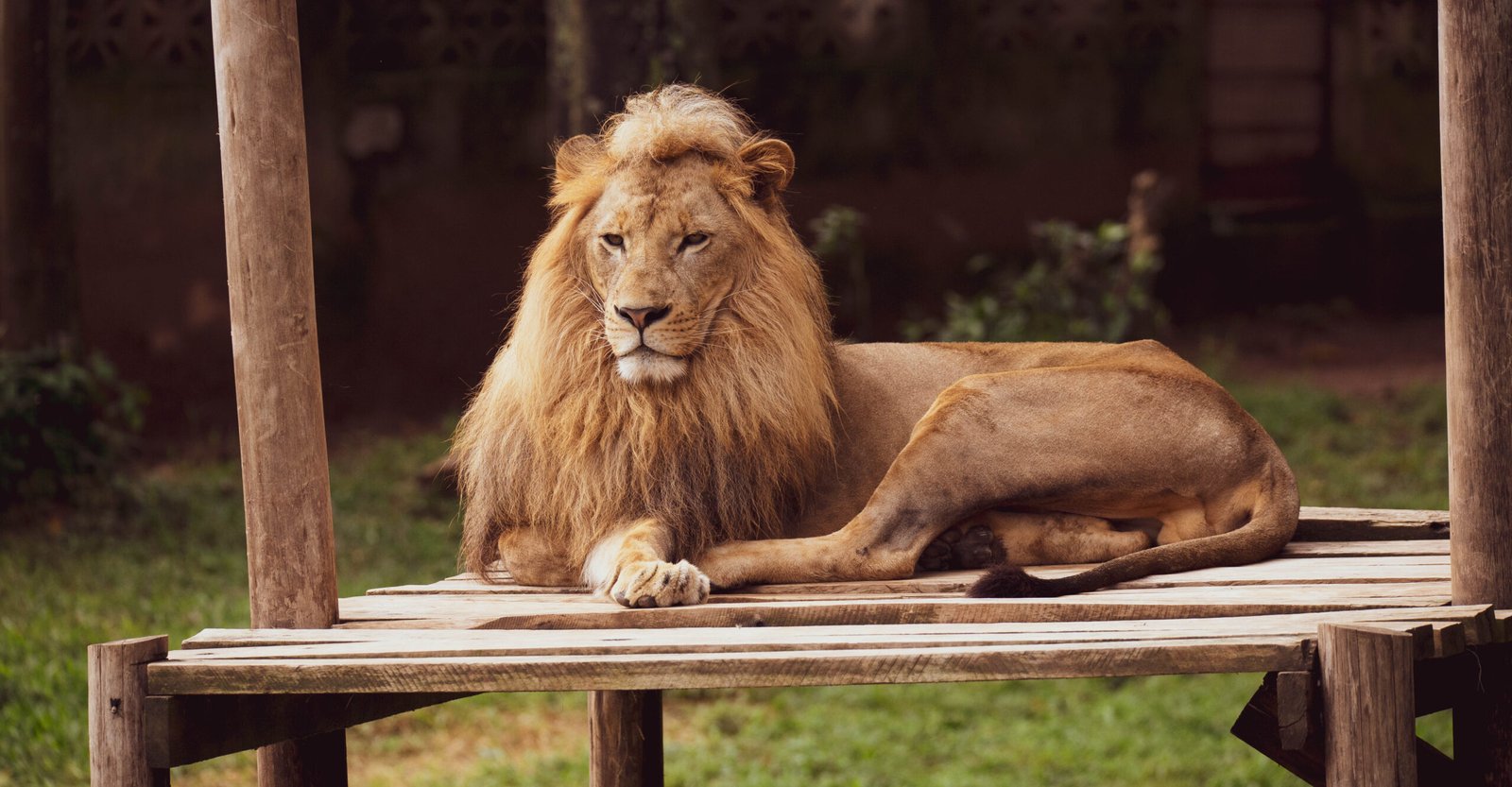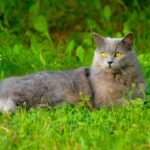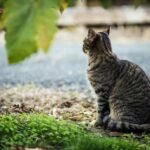Imagine a moonlit savanna where two mighty predators, usually locked in solitary pursuits, move as one—eyes glinting, muscles tensed, hearts pounding in silent rhythm. The idea of big cats teaming up to hunt sounds like a fairy tale, yet nature sometimes delivers these astonishing stories. For Feline Fam, let’s unravel the rare, little-known moments when the world’s most magnificent cats defy their nature, forging fleeting alliances that captivate our curiosity and ignite our imaginations.
Unexpected Duos in the Wild

Occasionally, researchers have witnessed lions and cheetahs—or even leopards and tigers—crossing paths without conflict. These rare meetings are tense, but sometimes, necessity pushes boundaries and forces a truce, at least for a heartbeat.
Lions: Masters of Social Hunting

Lions are the only truly social big cats, living in prides that hunt together. Their powerful teamwork, from flanking tactics to coordinated ambushes, sets them apart in the feline world—and shows what’s possible when cats collaborate.
Cheetahs’ Sisterhood Bonds

Unlike most solitary big cats, cheetah siblings—especially brothers—often stay together as “coalitions.” This brotherly alliance boosts their chances against larger predators and helps them bring down bigger prey than they could manage alone.
Leopard Partnerships: Fact or Fiction?

Leopards are famously solitary, but rare footage has shown mother-daughter pairs or mating partners briefly sharing a meal. These moments are fleeting and fragile, but they hint at a gentle, hidden side beneath the leopard’s solitary mask.
Tiger Siblings on the Hunt

Young tigers sometimes stick together after leaving their mother, forming temporary hunting partnerships. These sibling alliances help them learn survival skills before they finally claim their own territories.
Jaguar Jamborees—Stranger Than Fiction

Jaguars are solitary, but in areas with abundant food, researchers have spotted overlapping territories and even joint hunts. The fleeting encounters are intense, filled with wary respect and mutual benefit.
Snow Leopards: Solitude in the Snow

Snow leopards almost never cooperate, but in harsh winters, a mother and her nearly grown cubs may hunt together. Their thick fur and silent steps are a masterclass in camouflage and patience.
Puma Family Affairs

Pumas, or cougars, are solitary by nature. Yet, when a mother’s kittens approach independence, they sometimes team up during hunts, learning the ropes of stealth and teamwork before striking out solo.
Big Cat Coalitions: Brothers in Arms

Male cheetahs aren’t the only brothers who stick together. Young male lions form coalitions, challenging for pride leadership and even hunting side by side, bonded by blood and ambition.
Shared Watering Holes—A Truce?

Water is life in the wild. Sometimes, rival big cats gather at shrinking rivers or pools, forced into uneasy peace. These moments are tense but reveal an unspoken respect for survival’s sake.
Scavenging Together: The Spoils of Cooperation

After a big kill, even the fiercest cats may tolerate each other’s presence for a while, sharing scraps before tensions flare. Scavenging together is less about friendship and more about making the most of a rare windfall.
Mother’s Lessons: Teaching the Next Generation

Big cat mothers are the ultimate teachers. Whether it’s a lioness demonstrating a flank or a leopard guiding her cub, these lessons blend patience, discipline, and the tender side of survival.
Hunting at Night: The Power of Silence

Nocturnal hunts add an extra layer of mystery. In the darkness, big cats sometimes overlap in their search for prey, each relying on stealth and acute senses to avoid conflict—or, on rare occasions, to briefly work together.
Emotional Intelligence: Reading Each Other

Big cats are masters of body language. Flicking tails, flattened ears, and low growls are subtle signals that help them avoid unnecessary fights—or, in exceptional cases, coordinate their movements.
Territorial Overlaps: When Boundaries Blur

In regions where food is plentiful, territories sometimes overlap. This creates opportunities for accidental or intentional cooperation, as cats weigh the risks and rewards of sharing space.
Habitat Pressures: Forced Alliances

Habitat loss and shrinking wild spaces sometimes push big cats closer together, leading to unexpected alliances born from necessity rather than choice.
The Role of Play: Youngsters Learning Boundaries

Play-fighting among cubs and young cats isn’t just fun—it’s essential practice for future collaborations and conflicts, teaching them when to push and when to yield.
Conservation Crossroads: Protecting the Unexpected

Understanding these rare partnerships helps conservationists design better strategies, preserving the intricate balance of ecosystems where even rivals sometimes join forces.
Human Encounters: Shaping Feline Behavior

As humans encroach on wild spaces, big cats adapt in surprising ways—including shifting their activity times or forming temporary alliances to avoid danger.
Emotional Bonds: Beyond Mere Survival

Watching big cats interact, one can’t help but wonder if there’s more than instinct at play. Moments of affection, gentle grooming, and shared rest speak to deep emotional lives, even among the fiercest hunters.
Fascination with the Unseen

Most big cat cooperation happens out of sight, hidden by thick brush or the cover of night. Each rare glimpse is a reminder of the wild’s endless mysteries—and the stories still waiting to be told.
Artistry in Motion: The Beauty of Teamwork

When big cats move together, there’s a grace and power that’s utterly mesmerizing. Their symmetry and silent communication evoke the artistry of a perfectly choreographed dance.
Nature’s Surprises: Expect the Unexpected

Just when we think we understand the rules of the wild, big cats surprise us. Their occasional partnerships remind us that nature is always more complex—and more beautiful—than we imagine.
Hope for the Future: Lessons from the Wild

These rare moments of cooperation inspire hope that even the fiercest rivals can find common ground. They remind us to look for harmony in unexpected places—and to cherish the wild wonders of our planet.

Growing up traveling and experiencing new cultures and wonders, I have had a passion for nature, adventuring, photography, and videography. I am currently working towards a BSc in Biodiversity and Ecology at Stellenbosch University, and I hope to specialise in Marine Sciences one day.
Please send any feedback to Feedback@animalsaroundtheglobe.com





